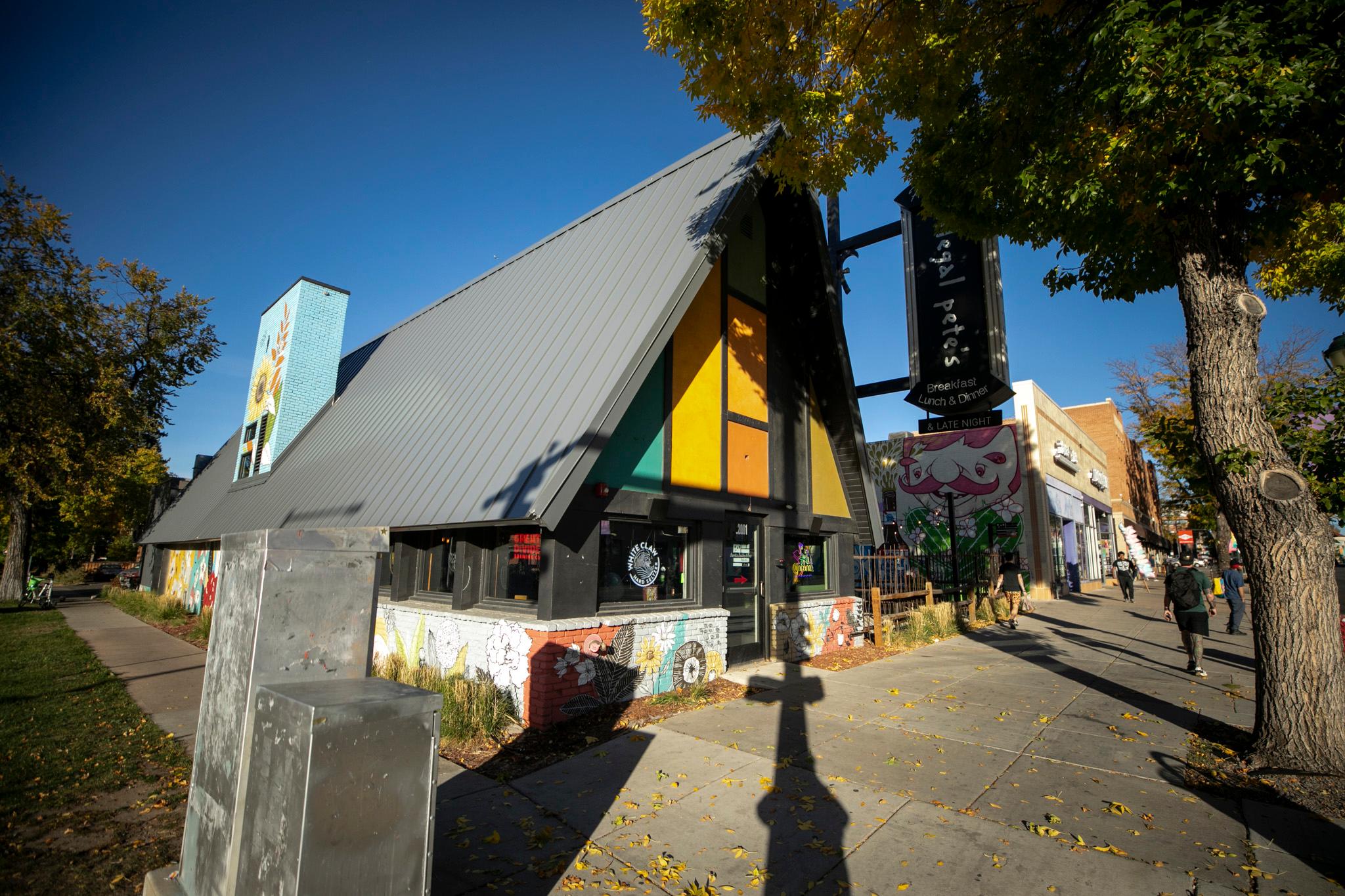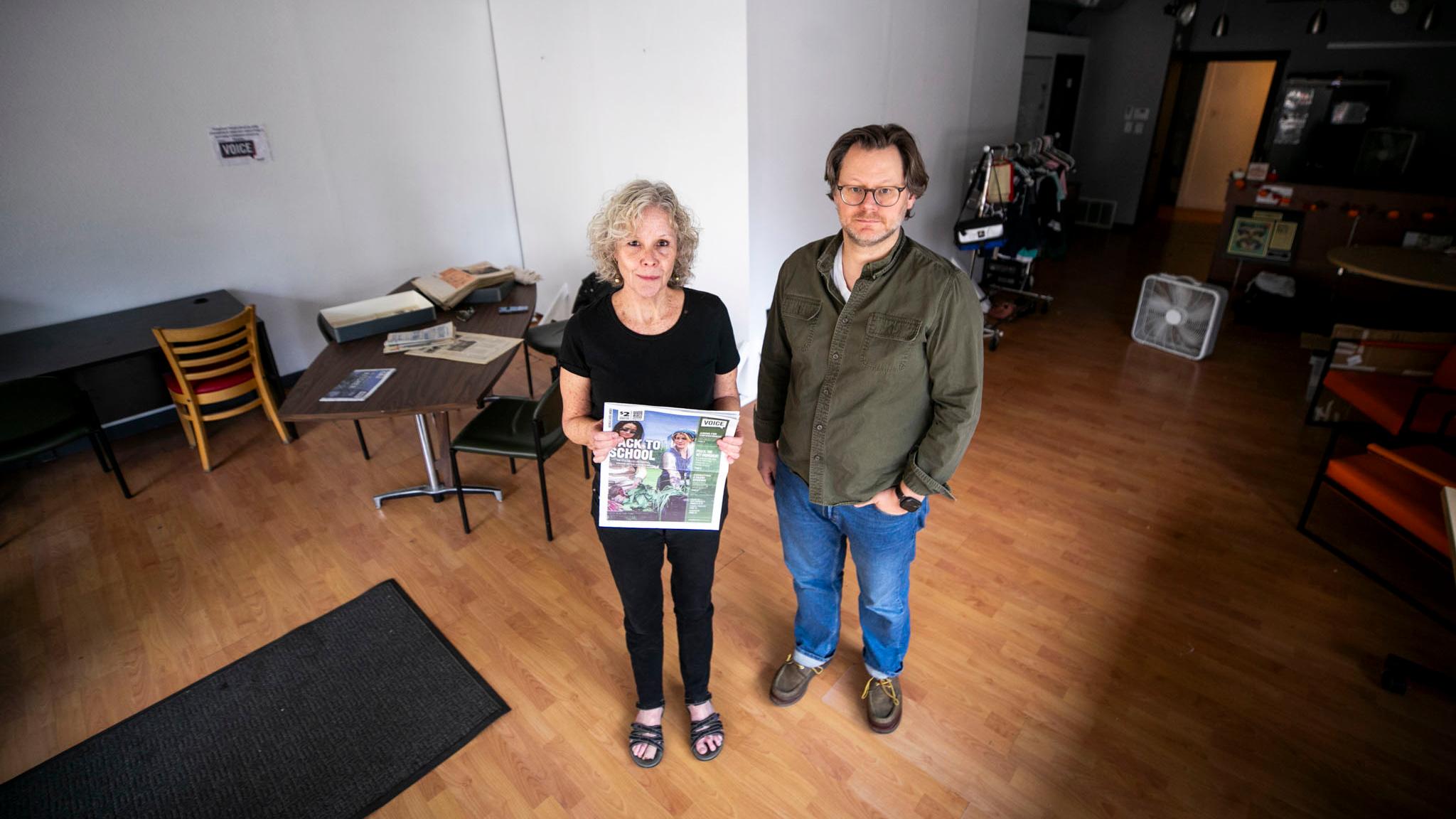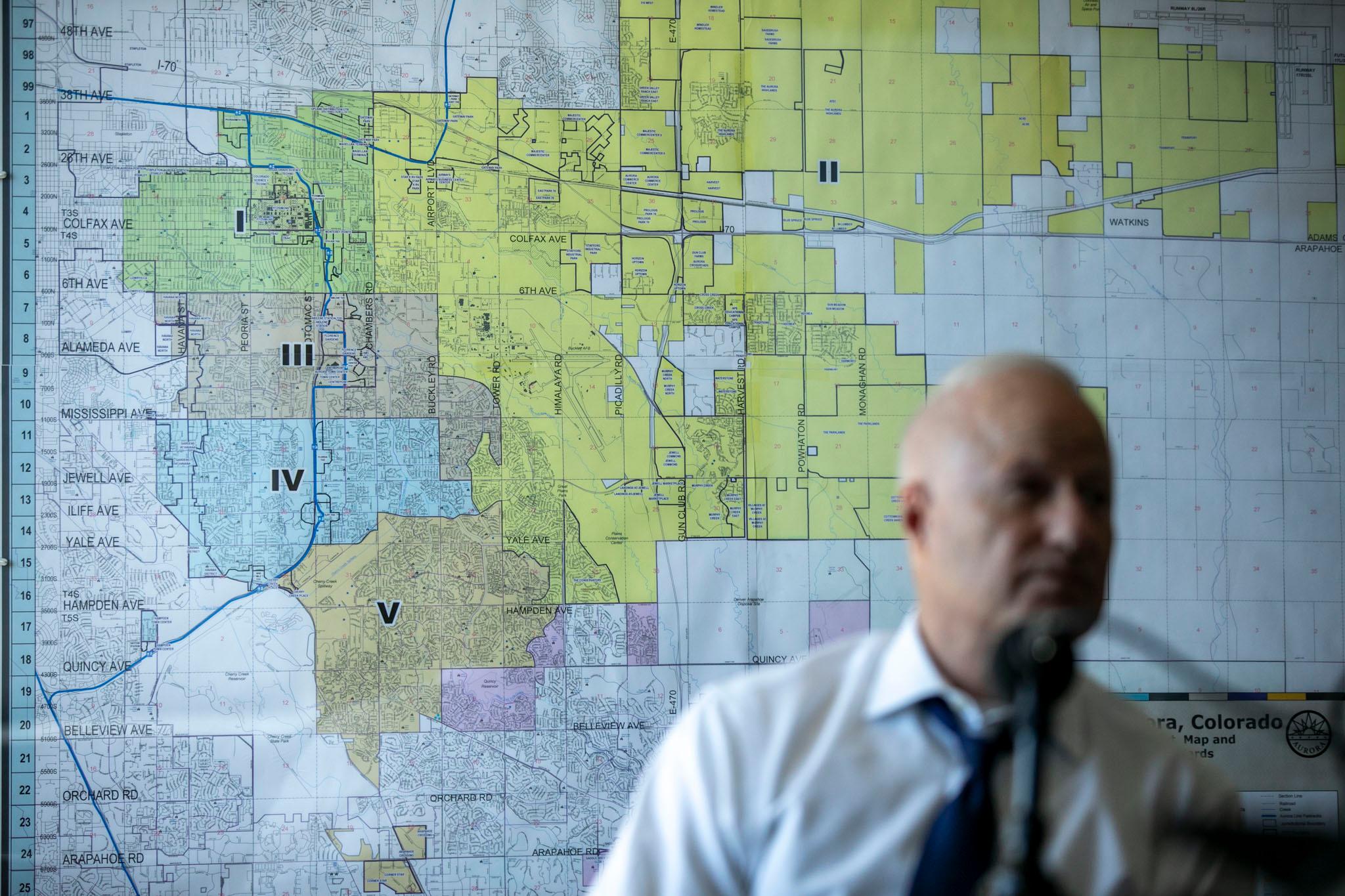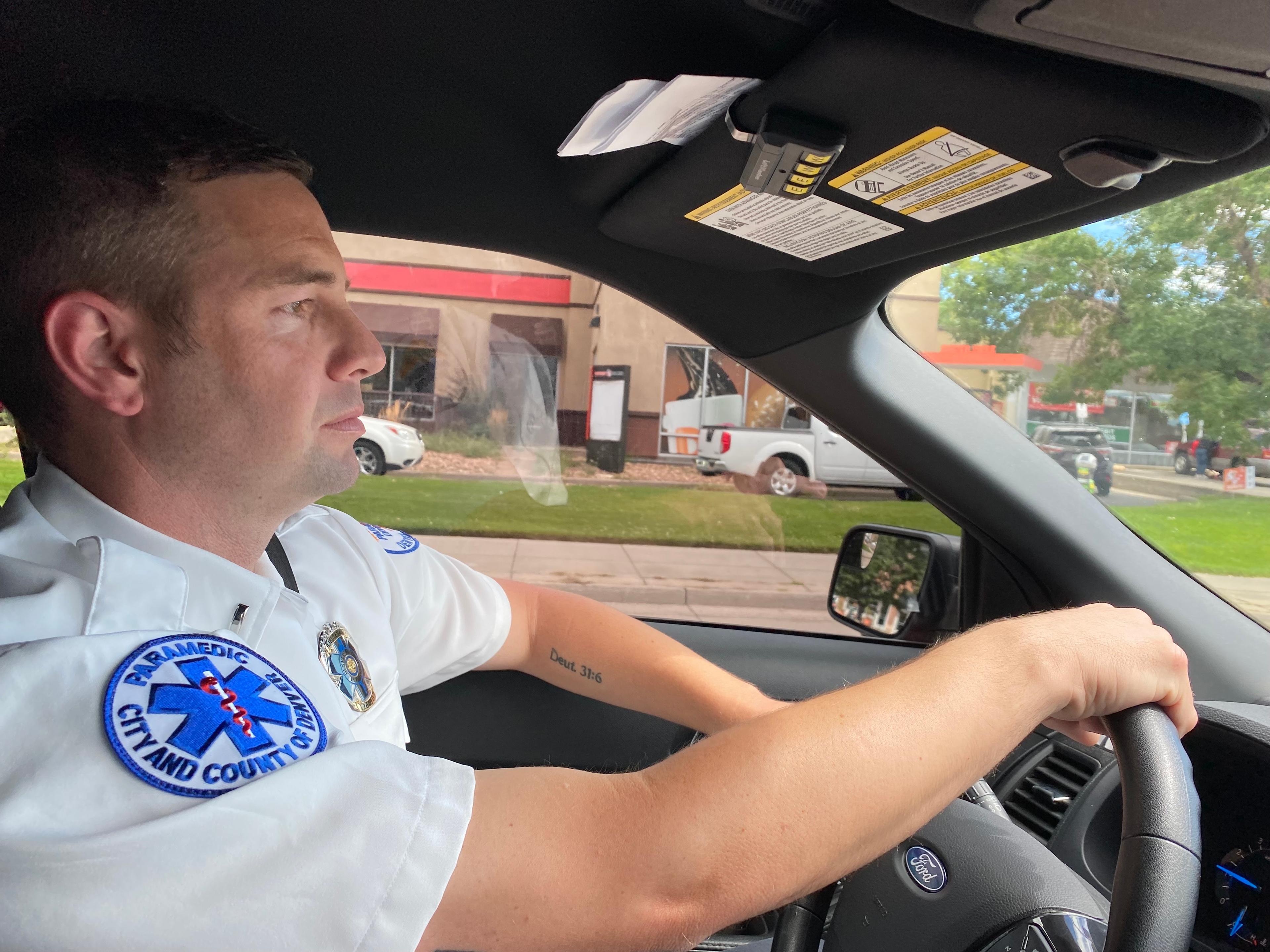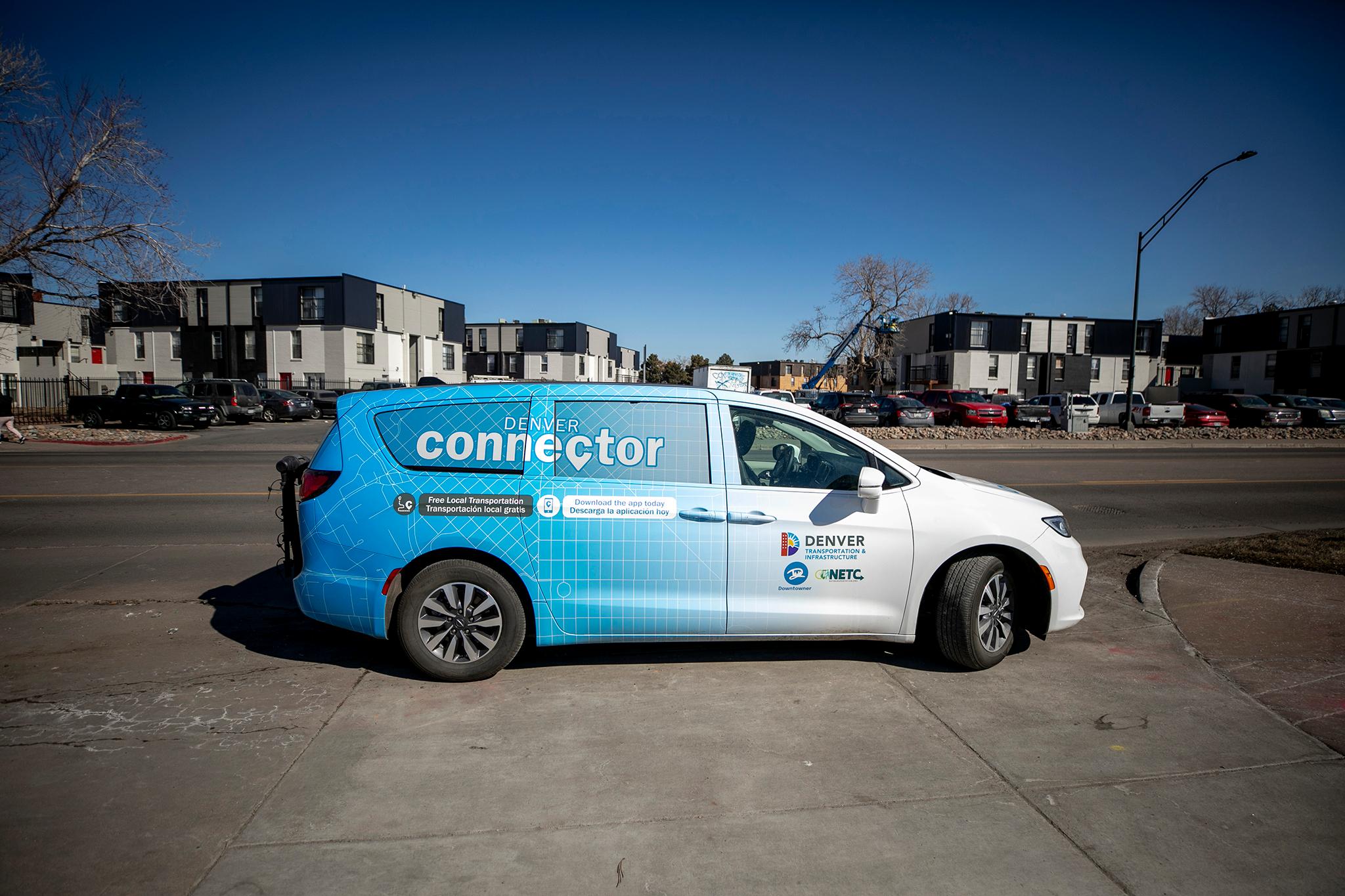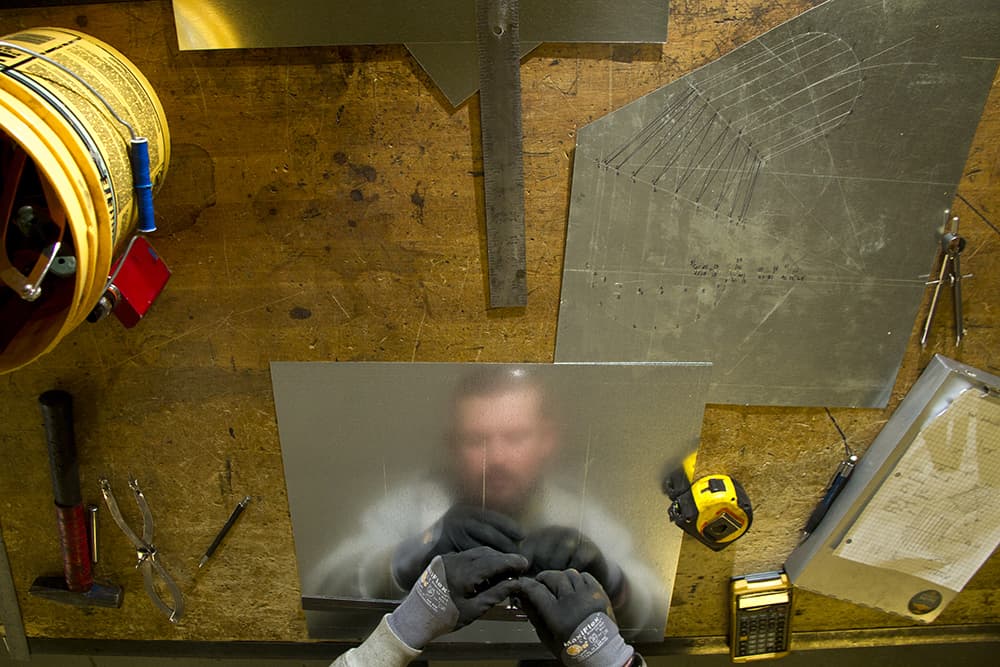
Right now, there's a big shortage of workers in the construction trades. At the same time, over the last four years, less than 5 percent of the man-hours on Denver city projects have gone to apprentices.
Denver is going to be investing more than a billion dollars into the National Western Complex over the next 10 years, and two Denver council members want to require that contractors on National Western projects provide training opportunities for Denver workers.
If it's not mandated, they said, the National Western could end up built by workers from Oklahoma instead of Denver.
Denver's two at-large council members, Robin Kniech and Debbie Ortega, are pushing the city to use the National Western as a pilot program for a "targeted hire" program that could later become standard city policy as Denver embarks on a $500-$600 million bond program.
Their proposal is to require contractors on city jobs to devote a certain number of hours to apprentices and connect people in the city's poorer neighborhoods with those apprenticeships.
"When you look at some of the neighborhoods where we have higher unemployment rates or underemployment, there is an opportunity to have training and access to better paying jobs so they can afford to stay there," Ortega said. "We want to raise the bar for everyone when we are using public dollars to invest in big projects."
The Colorado Department of Public Transportation is doing a "local hire" program for the I-70 expansion that will draw from the northeast Denver neighborhoods along the corridor. The department needed special dispensation from the federal government to pursue this approach because fair hiring practices and low bidding requirements limit the amount of discretion government entities have.
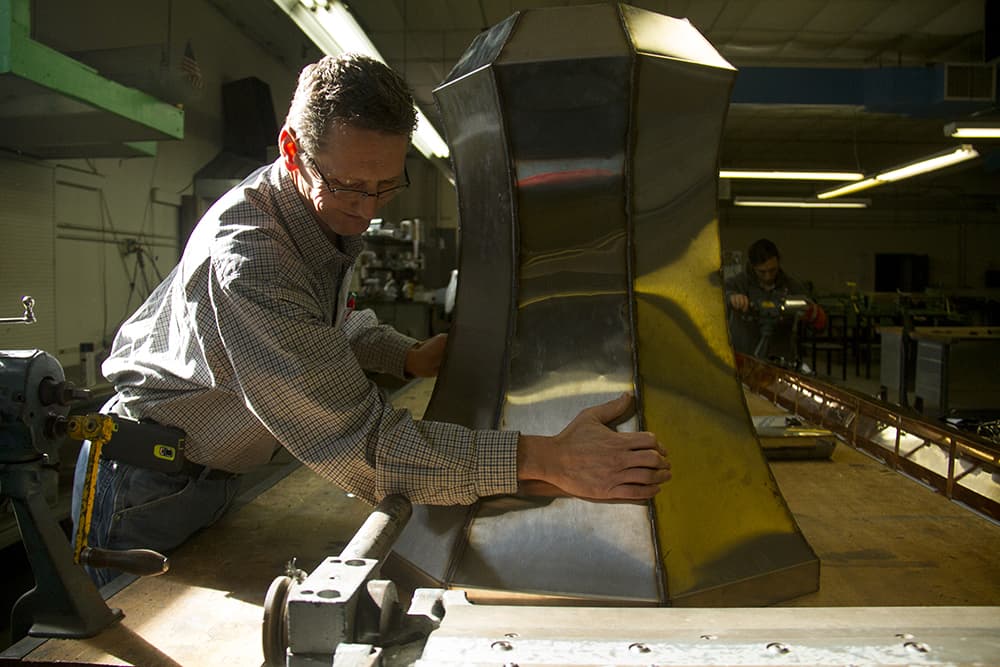
The targeted hire proposal also needs legal vetting, but lots of other cities already do it. Kniech and Ortega hope that can happen this year so that requests for proposals that go out in 2018 include the requirement. Targeted hire is a little different than local hire. The idea isn't just to get workers from the neighborhoods right around the stock show -- though many of them are likely to qualify -- but to identity people who are struggling across the city and make sure they have access to training opportunities.
Kniech and Ortega want to build off the work on the I-70 local hire program, and they're also hoping the city can get preference for local workers at Denver International Airport. Like the I-70 project, that might require federal approval.
It needs to be a requirement built into city procurement practices, Kniech and Ortega said, to create an even playing field for contractors and to make sure there are enough positions for apprentices. Otherwise, it just won't happen.
In a memo describing the proposal, Kniech and Ortega laid out these criteria for the program:
- A numeric goal for hours or percentage of work to be performed by targeted hires,
- Objective criteria for which areas are going to be “targeted,” usually a zip code or statistical neighborhood, based on easily accessible data like poverty, income, or unemployment,
- A specific goal for training to ensure new workers are brought into career pathways and learn skills that will advance their earning potential,
- An aligned system to recruit, screen, place, prepare, train and provide supportive services for the targeted hires,
- And reporting and accountability metrics to ensure compliance.
Amber Miller, a spokeswoman for Mayor Michael Hancock, said the administration needs to see a specific proposal to respond to the idea.
Kelly Leid, executive director of the Office for the Redevelopment of the National Western Center, said one of the guiding principles for the redevelopment of the complex has been economic opportunity for the surrounding community. The National Western of the future won't be just an event center but an agribusiness hub for the region in partnership with Colorado State University.
Leid said that means job opportunities in a variety of sectors that are expected to be important to Colorado's economy for years to come. He rattles off a list: beverage manufacturing, specialty food manufacturing, agriculture-related aerospace and mapping, animal health, manufacturing of sensors, grain and seed oil processing, software and financial services.
"I'm taking a much broader view. In my opinion, that's a more narrow view," he said of the targeted hire program.
"And I'm not saying that's good or bad, but I think we need to take a much broader view. Those tend to fall toward construction-related jobs. Not everyone wants to work in construction. We want to work much more broadly to think about how kids can be exposed to careers in agribusiness that they might not even think about."
Ortega said the job opportunities in construction aren't just in the trades and include things like document management skills. But construction jobs are good-paying jobs that don't require an expensive education.
And they're jobs that are hiring today, not 10 years from now, that provide on-the-job training in skills students can use anywhere.
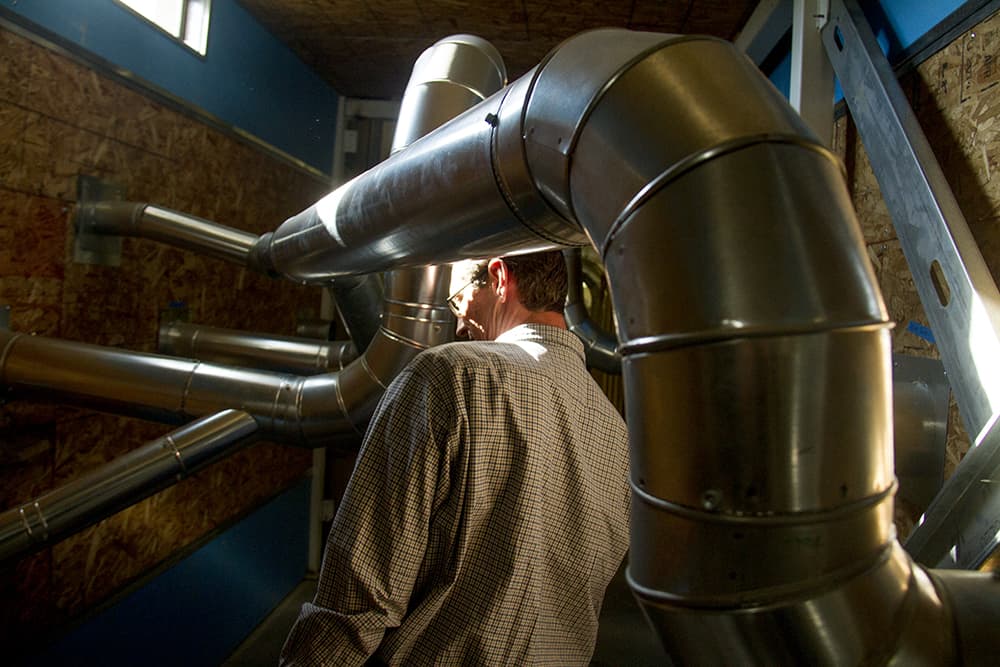
John Fleck, training director for the Sheetmetal Workers Union in Colorado, said a targeted hire program would be good for recruiting. It raises the profile of the apprenticeship programs and causes people in the neighborhood to steer the young adults they know his way.
"It gives not only my craft but all the crafts an opportunity to say, 'There is a career here for you,'" he said. "I make $130,000 a year with a high school education and no student loan debt. That's hopefully what these kids get, a craft they can use for a lifetime.
"It would help the industry as a whole," he added. "It's good for the community as a whole so we're not bringing people in from Oklahoma or wherever to do these jobs."
The apprenticeship program allows people to earn money while they learn. They don't pay tuition. But it takes four years, with days that include classroom learning and hands-on training.
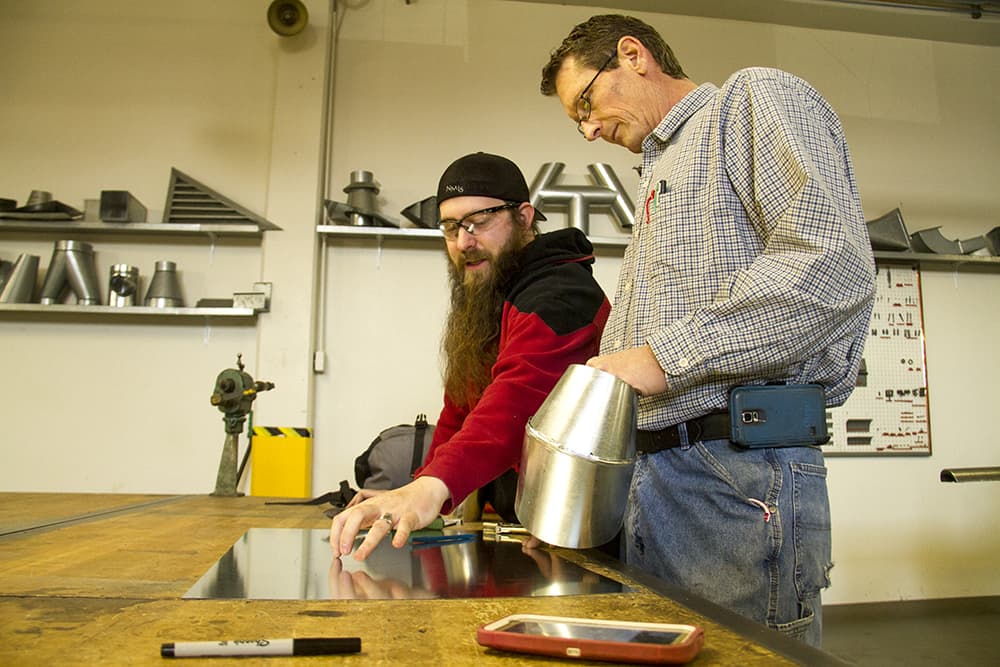
Enrollment in apprenticeship programs really dropped off during the recession. There wasn't enough work for experienced people, so there was no need to train new workers. When the economy picked up, a lot of workers went into oil and gas work instead. And now Baby Boomers are retiring in droves. That's leaving a shortage of experienced workers and a shortage of new people coming into the profession.
"We need to be bringing more people in and training them up for future work," he said.
Kniech and Ortega also want the city to help where possible with barriers that prevent people from entering the trades.
One of those barriers, the city can't do much about.
"They need an I-9," Fleck said, referring to the document that shows you are eligible to work in the United States. "Let's start with the gorilla in the room. They need papers to work with one of our contractors."
But there are other issues where the city might be able to help.
"The two basic issues for us are child care and transportation," he said. "We work from Fort Collins to Castle Rock, and we do not work off the bus line. And child care, it's not even that they can't pay for it. It's that you need to be on the job site at 6, and day care opens at 7. There are a lot of issues my students face, but those are the main ones."
Fleck muses for a bit about his next, big idea: a childcare co-op run by and for construction workers and their families that accommodates their hours. That's a story for another day.
Kniech said the city can't build enough affordable housing to meet the needs in the community, but if someone can get a good-paying job in construction, they won't need affordable housing.
"Raising incomes is an anti-displacement strategy," Kniech said. "We focus on housing, but if your income is rising you have the opportunity to stay in your neighborhood."

